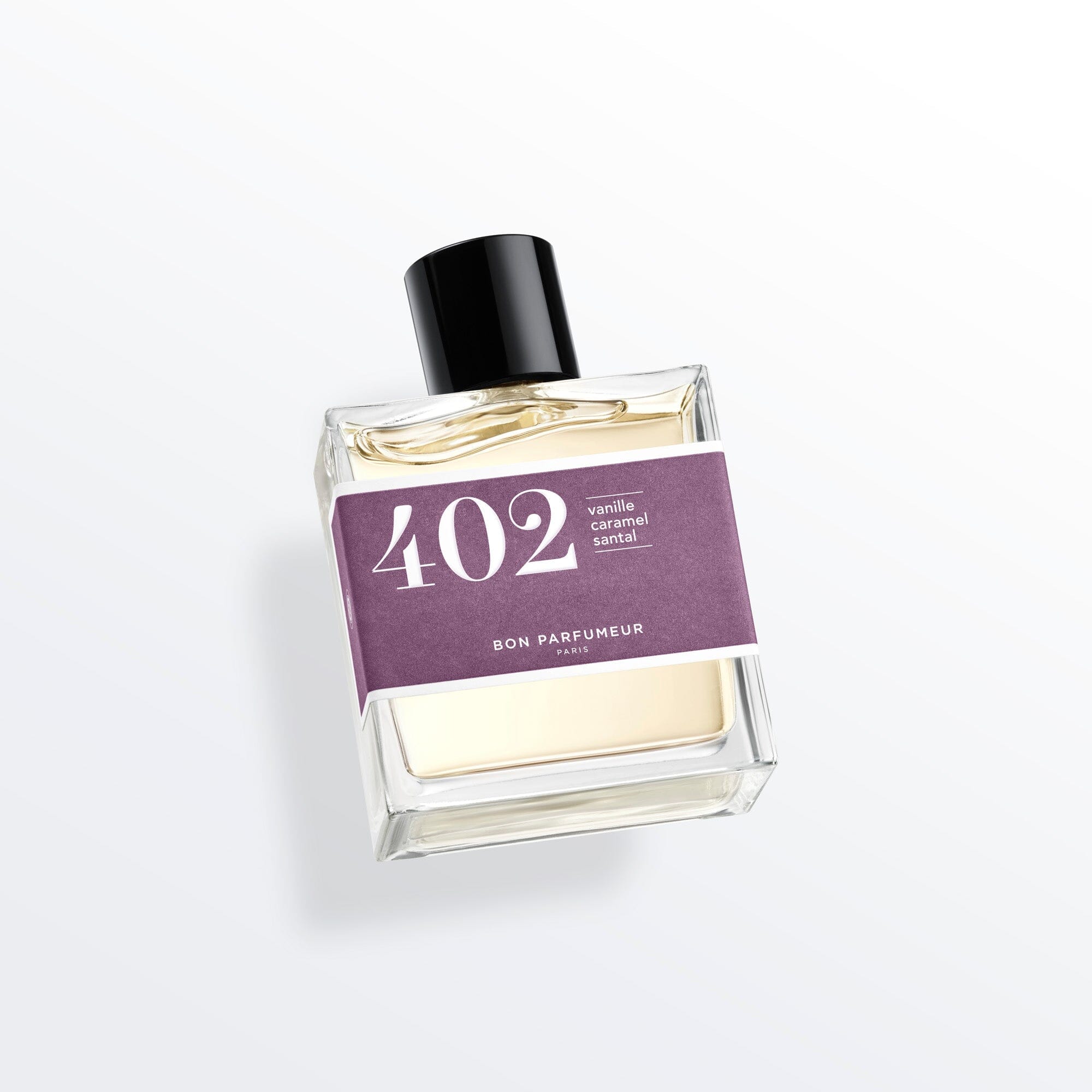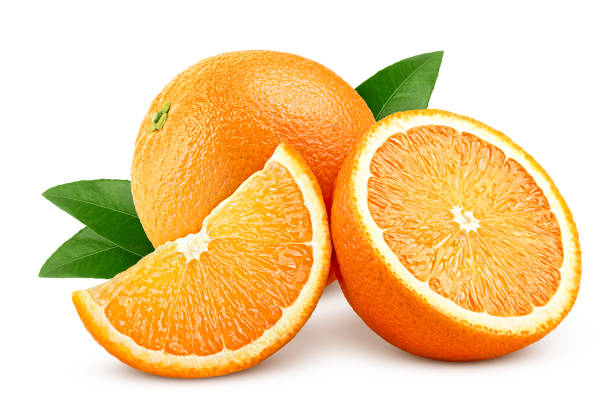Lemon name and etymology
The word "lemon" comes from the Arabic word "laymun", which was introduced to Europe in the Middle Ages. Today, lemons are grown all over the world, from Italy to California, and their tangy, citrusy scent continues to seduce fragrance lovers everywhere in the world.
History of lemons
Lemons have a rich historical background dating back to ancient times. Originally native to Southeast Asia, lemons were introduced to the Mediterranean region around the 1st century AD, and their cultivation quickly spread across Europe and were introduced during the time of the Crusades. They gained popularity in the Mediterranean region, where they were cultivated and traded extensively.
Lemons have left an indelible mark on diverse cultures throughout history. From their esteemed position in traditional Ayurvedic medicine for their medicinal properties and role in purification rituals to being cherished by sailors for their scurvy-preventing abilities on long sea voyages, lemons have held immense significance. Even in the 21st century, lemons retain their prominence, finding their place in a range of products, including luxurious perfumes and exquisite home fragrances. Their timeless allure continues to captivate and inspire, making lemons an enduring symbol of vitality and freshness.
Lemon origins
Lemons are believed to have originated in China and India, where they were used for medicinal purposes as well as in cooking. They were later introduced to Persia and then to the Mediterranean region by Arab traders. There, lemons were cultivated and traded extensively, with Italy becoming one of the largest producers of lemons in Europe.
How to grow lemons
Lemon trees thrive in subtropical and tropical climates. They require well-drained soil, abundant sunlight, and moderate humidity to flourish. The cultivation of lemons involves careful orchard management, regular pruning, and proper irrigation techniques to ensure optimal growth.
Lemon-growing regions
The Mediterranean, a citrus paradise, yields exquisite lemons in Italy, Spain, and Greece. In the US, California boasts large, juicy lemons, while Florida's thinner-skinned lemons offer an acidic punch. From Argentina's Tucumán province, bright yellow lemons with a hint of bitterness grace cosmetics and skincare products. These lemon-rich lands, including Spain, Italy, the US, India, and Mexico, nourish our senses with their citrus bounty. The largest producer of lemons in France is the region of Menton, located on the French Riviera. Menton is famous for its exceptional lemons and the annual Lemon Festival, known as "Fête du Citron" which showcases the region's abundant citrus harvest.
Growing lemons
Cultivating lemon trees requires specific soil conditions, abundant sunlight, and moderate humidity. Lemon trees thrive in subtropical and tropical climates. They are typically grown from seeds or propagated through grafting or budding techniques. The trees are planted in rows and require nurturing until they bear fruit, involving regular care and attention.
The development of lemon
Lemon oil, known for its high limonene content, is a prized ingredient in perfumes, offering a fresh and uplifting top note.
The development of lemons involves a fascinating journey from blossoms to fully ripened fruit and involves regular watering, fertilization, and pruning. Careful orchard management, regular pruning, and proper irrigation techniques are crucial to ensure optimal lemon tree growth and fruit production.
Harvesting lemons
Lemons are typically harvested when they reach their peak ripeness. This stage is characterized by their bright yellow color and optimal juice content. Careful handpicking or the use of specialized tools ensures that the lemons are harvested without damage. Prompt harvesting is crucial to preserve the freshness and aroma of the fruits. The harvested lemons are then sorted and prepared for further processing.
Lemon processing and treatment
Once harvested, lemons undergo various processing methods to extract their valuable components for perfumery and other industries. The most common processes include cold-pressing the lemon peel to obtain its essential oil. The oil extracted from the lemon peel contains a high concentration of limonene, a compound that gives it its characteristic fragrance. These processes capture the distinct scent and essence of lemons, which are then utilized in the creation of perfumes.
Aromatic profile of lemon
Lemon is a citrus fruit that is known for its sharp, acidic, and refreshing fragrance. It exudes a tangy, zesty, and a slightly sweet aroma with vibrant notes of juicy lemon peel and pulp. The aromatic profile of the beautiful lemon is characterized by a scent that is both uplifting and energizing. Indeed, lemon is a popular ingredient in perfumery, known for its crisp, zesty, citrusy and invigorating scent. It adds a sparkling and uplifting quality to perfumes, making it an absolute favorite among the perfume enthusiasts, especially during the summer season.
Manufacturing steps
Manufacturing lemon perfumes requires a series of precise steps to capture the essence of this vibrant citrus fruit. High-quality lemon essential oil is selected, and the fragrance composition is formulated by combining lemon with complementary notes. Blending the ingredients in precise proportions is crucial, and the perfume is then left to age and mature.
Dilution ensures the perfumes’ safety and proper diffusion, while filtration removes impurities. The perfumes are carefully bottled and packaged, undergoing quality control checks before labeling and branding. Through these meticulous steps, lemon perfumes are created, emanating freshness, brightness, and vitality.
The benefits of lemon
Lemon is a versatile fruit with a myriad of benefits. It strengthens the immune system, aids digestion, detoxifies the body, and promotes healthy skin. Lemon scent’s invigorating aroma uplifts mood and enhances focus. Lemon's natural cleaning properties make it useful for household purposes. Incorporating lemons into daily life can have numerous positive effects on health and well-being.
Lemon use
Lemon has a wide range of uses due to its versatile nature. It is used in perfumery and home fragrances for its refreshing and invigorating scent, adding a bright and citrusy note. Lemon is also utilized in cosmetics for its refreshing scent and skin benefits. In cooking, lemon adds tangy flavor to dishes, enhances marinades, and brightens up salads and is a common ingredient in beverages like lemonade and cocktails. Its natural antibacterial properties make it a popular ingredient in cleaning products. Additionally, lemon is valued in aromatherapy for its invigorating and uplifting properties.
Olfactory pairings with lemon
Whether you're looking for a refreshing burst of energy or a subtle, sophisticated scent, lemon-based fragrances are sure to delight your senses.
In perfumery, lemons are used in a variety of olfactory families, from citrusy and fresh to floral and woody. Lemon is only used as a top note, providing a burst of freshness and energy. It blends well with other citrus notes, such as bergamot and grapefruit, as well as woody and floral notes. Lemon is also used in colognes, aquatic and fruity scents, where it adds a crisp and clean fragrance.
Famous lemon fragrances
In the world of perfume, lemon scents are a popular choice for their fresh, invigorating scent. Here are some of the most famous lemon perfumes:
• Acqua di Gioia Eau de Parfum by Giorgio Armani is a captivating fragrance that captures the essence of a serene and refreshing coastal paradise thanks to the notes of lemon. The fragrance opens with a burst of invigorating citrus notes, including sparkling lemon notes and juicy crushed mint leaves, creating an immediate sense of freshness. As the scent evolves, a delicate floral bouquet emerges, with jasmine and peony adding a touch of femininity and elegance. Finally, the fragrance settles into a sensual and earthy base, where cedarwood and brown sugar intertwine, leaving a warm and alluring trail.
• Cristalle Eau Verte Eau de Toilette Spray by Chanel, one of the best lemon perfumes for women, is a captivating perfume that unveils a harmonious blend of exquisite notes. The scent begins with a burst of refreshing citrus, including zesty lemon and vibrant bergamot, which instantly uplift the senses. As the fragrance develops, a delicate bouquet of white florals emerges, with jasmine and neroli lending their elegant and feminine essence to the composition. Finally, the fragrance settles into a warm and earthy base, where the natural richness of oakmoss intertwines with the smoky nuances of vetiver.
• Light Blue Eau de Toilette by Dolce & Gabbana is a refreshing and vibrant perfume that embodies the essence of the Mediterranean. Light Blue Eau de Toilette opens with zesty and tangy notes of Sicilian lemon and crisp apple, creating an invigorating and citrusy introduction. As it develops, a bouquet of light delicate white flowers, including jasmine and white rose, emerges, lending a touch of femininity and elegance to the fragrance. Finally, the base notes of cedarwood and amber add warmth and sensuality, giving the fragrance depth and longevity.
• Under the Lemon Trees Eau de Toilette by Replica is a captivating perfume that transports you to a serene lemon grove. It captures the essence of fresh lemon trees with its crisp and juicy citrus notes, creating a bright and uplifting aura.
• Aqua Lemon Cologne by Jo Malone London is a vibrant and invigorating cologne that captures the essence of zesty lemons. The top notes feature the sparkling freshness of lemon and bergamot, creating a citrusy and uplifting aroma. As the fragrance develops, hints of neroli and jasmine add a touch of floral elegance. The base notes of cedarwood provide a subtle woody undertone, balancing the brightness of the citrus. Aqua Lemon Cologne is a refreshing and energetic scent that is perfect for spring or a sunny summer day.
Bon Parfumeur lemon fragrances
Bon Parfumeur has created a range of lemon-based scents that are both elegant and sophisticated. Here are Bon Parfumeur's best lemon fragrances:
• Eau de parfum 003 by Bon Parfumeur is a captivating perfume with a dynamic blend of notes that create a unique and memorable experience. The top notes of bergamot, yuzu, and lime provide a sparkling and citrusy opening, reminiscent of a refreshing earl gray tea. Moving to the heart notes, jasmine adds a touch of fruity sweetness, complemented by the floral and sweet nuances of neroli. The elemi note brings a citrusy and peppery twist, along with a resinous quality. Finally, in the base notes, vetiver offers a woody and earthy character, accompanied by soft and comforting musks. Violet leaves add a fresh, green touch with hints of cucumber, completing the smell with a touch of natural allure. Eau de Parfum 003 is a versatile and enchanting scent that can be enjoyed by both men and women.
• Another popular citrus perfume for men and women by Bon Parfumeur is Eau de parfum 002, a captivating fragrance that combines a harmonious blend of notes to create a unique olfactory experience. The top notes of bergamot offer a sparkling and floral aroma, reminiscent of the delightful scent of Earl Grey tea. Neroli, derived from bitter orange flowers, adds a sweet and floral touch to the composition. Violet leaves contribute a fresh, green, and slightly watery element, evoking the sensation of being surrounded by lush undergrowth.
Moving to the heart notes, jasmine takes center stage, exuding a floral and fruity character with a hint of animalistic allure. Lily of the valley, a delicate white floral note, brings a watery and spring-like scent to the fragrance, evoking a sense of natural freshness. The peony note adds a touch of freshness with its vibrant and aqueous pink floral aroma.
In the base notes, musk creates a soft and comforting foundation, enveloping the fragrance in a gentle and cottony embrace. White amber adds a round and suave quality, providing a sense of warmth and depth. Honey, with its soft, floral, and waxy characteristics, adds a sweet and sensual touch to the composition.
In summary, the fresh and uplifting lemon is a remarkable fruit that has left an indelible mark on various aspects of human life. With its multiple uses and positive impact on overall well-being, lemon continues to be celebrated as a cherished fruit, enhancing both our senses and our health. Embracing the power of lemon can truly bring a zestful and rejuvenating experience to our lives. So why not experience the timeless power of this beloved scent?

















